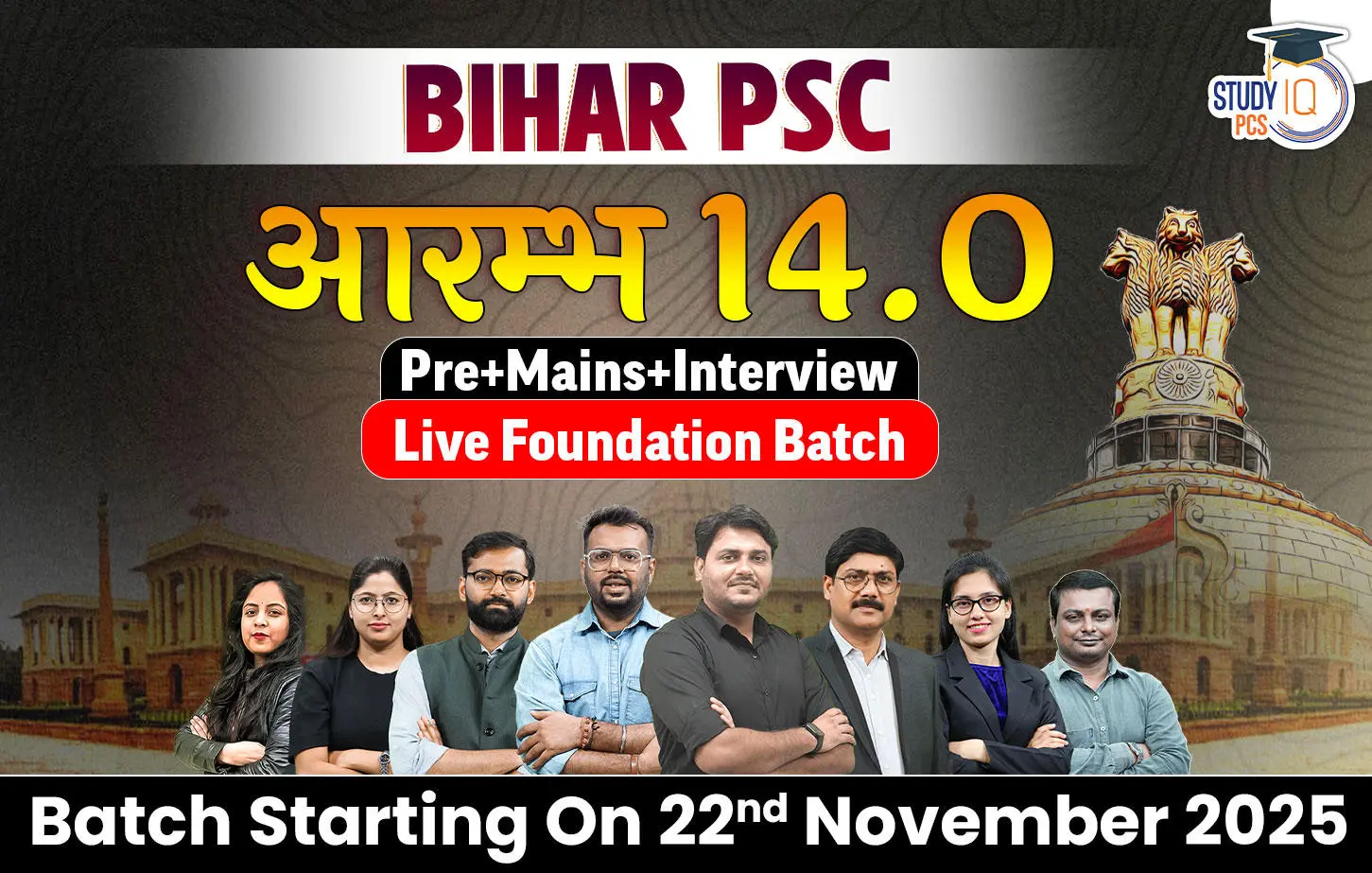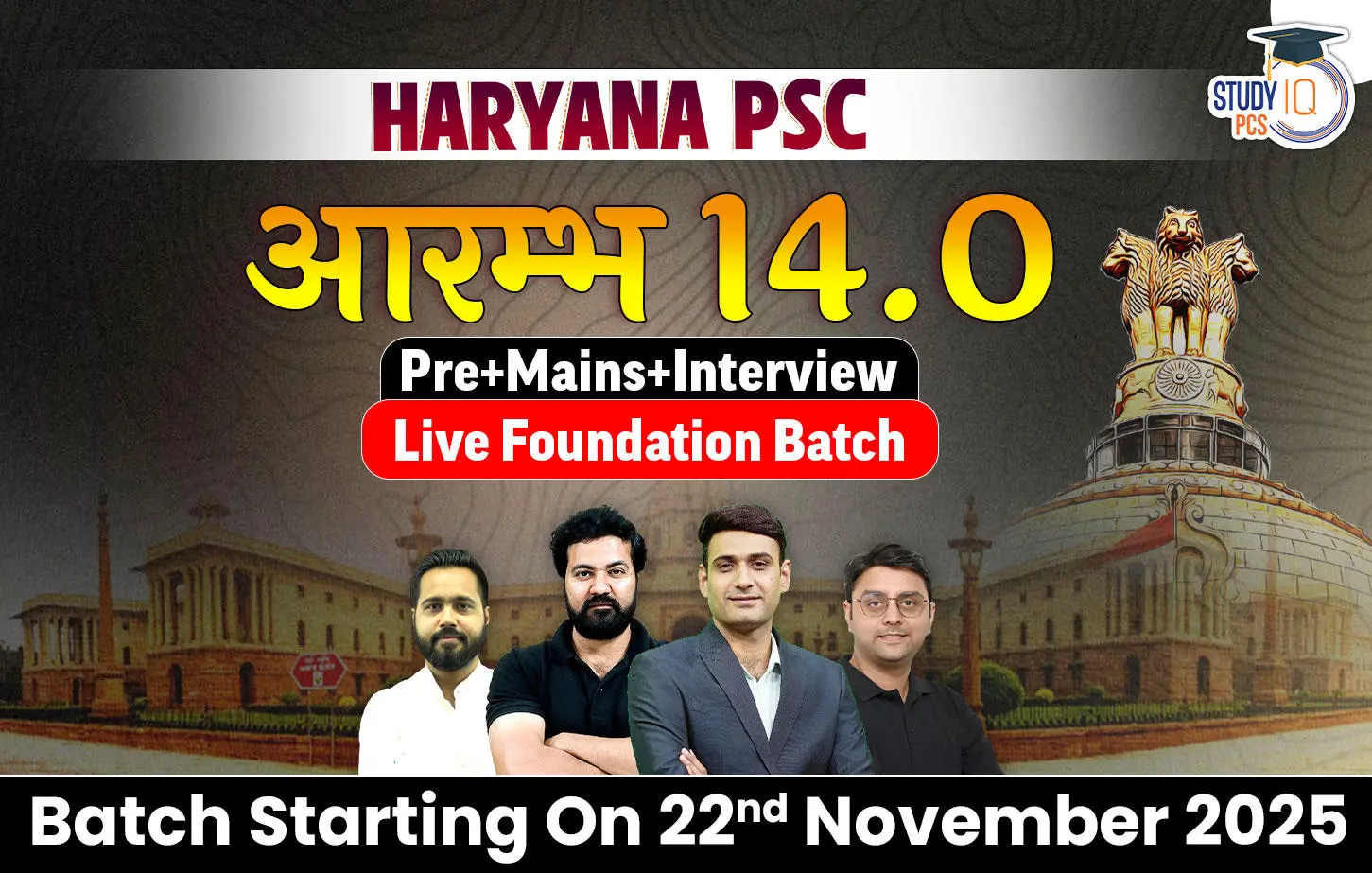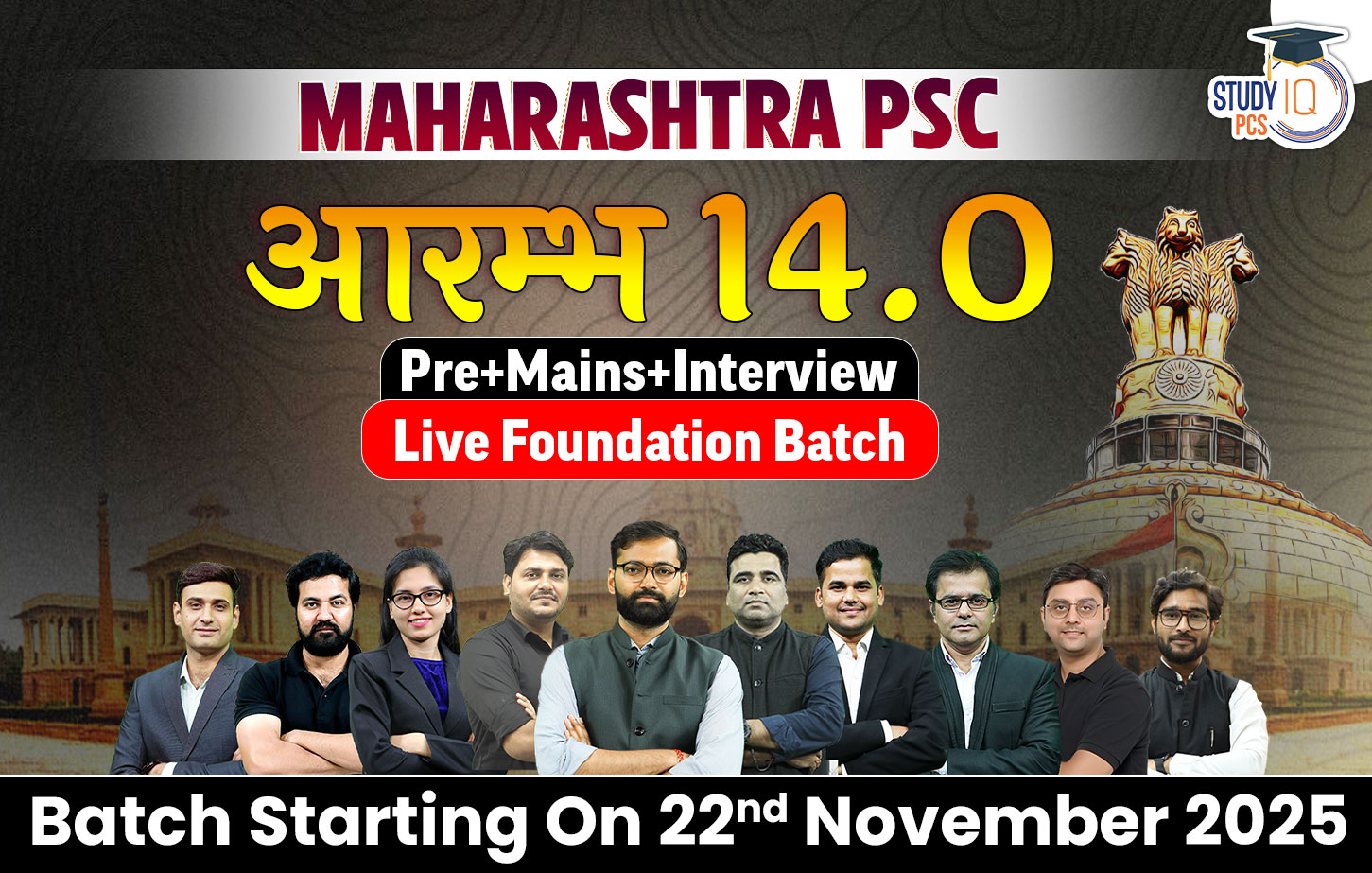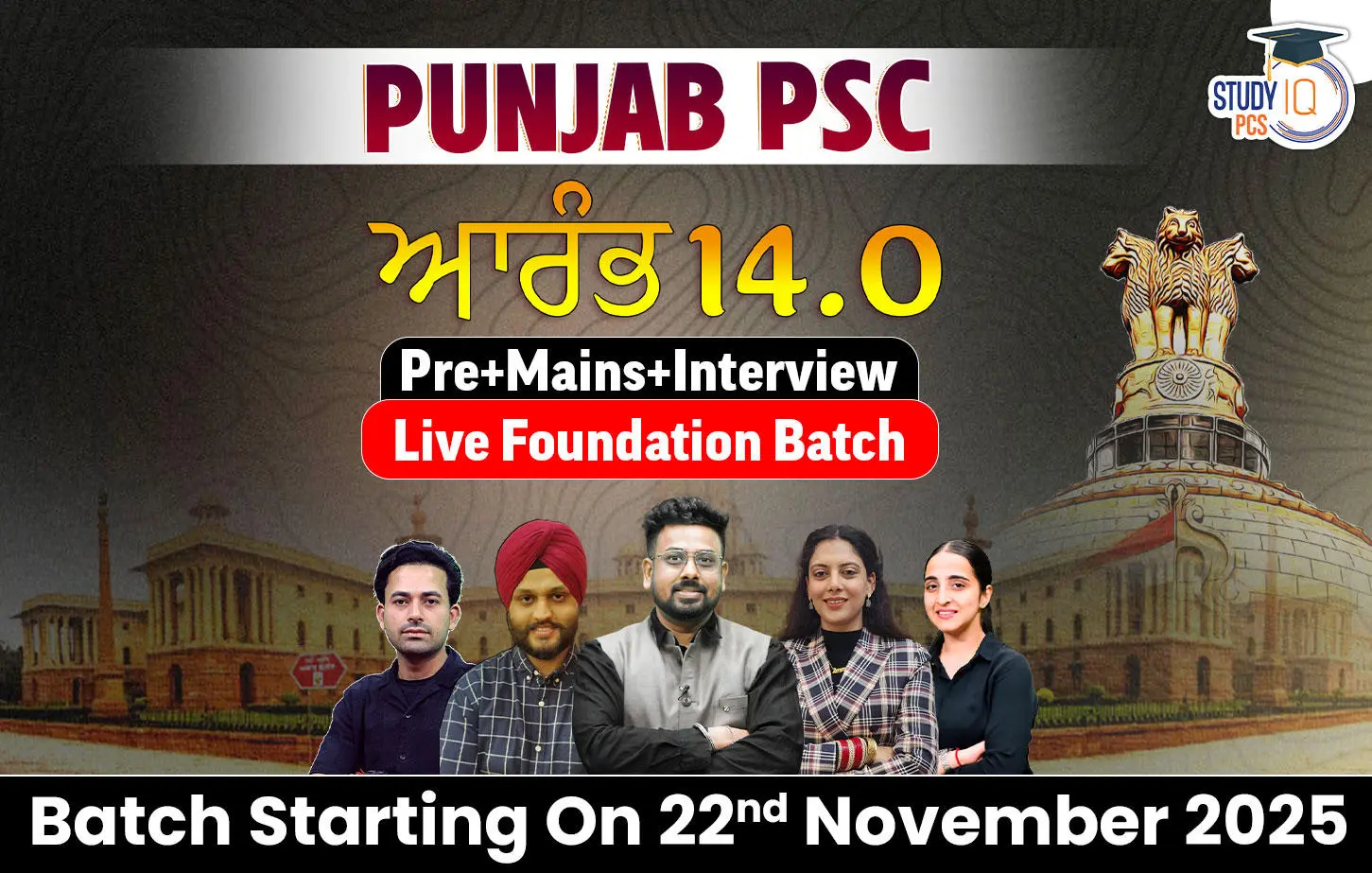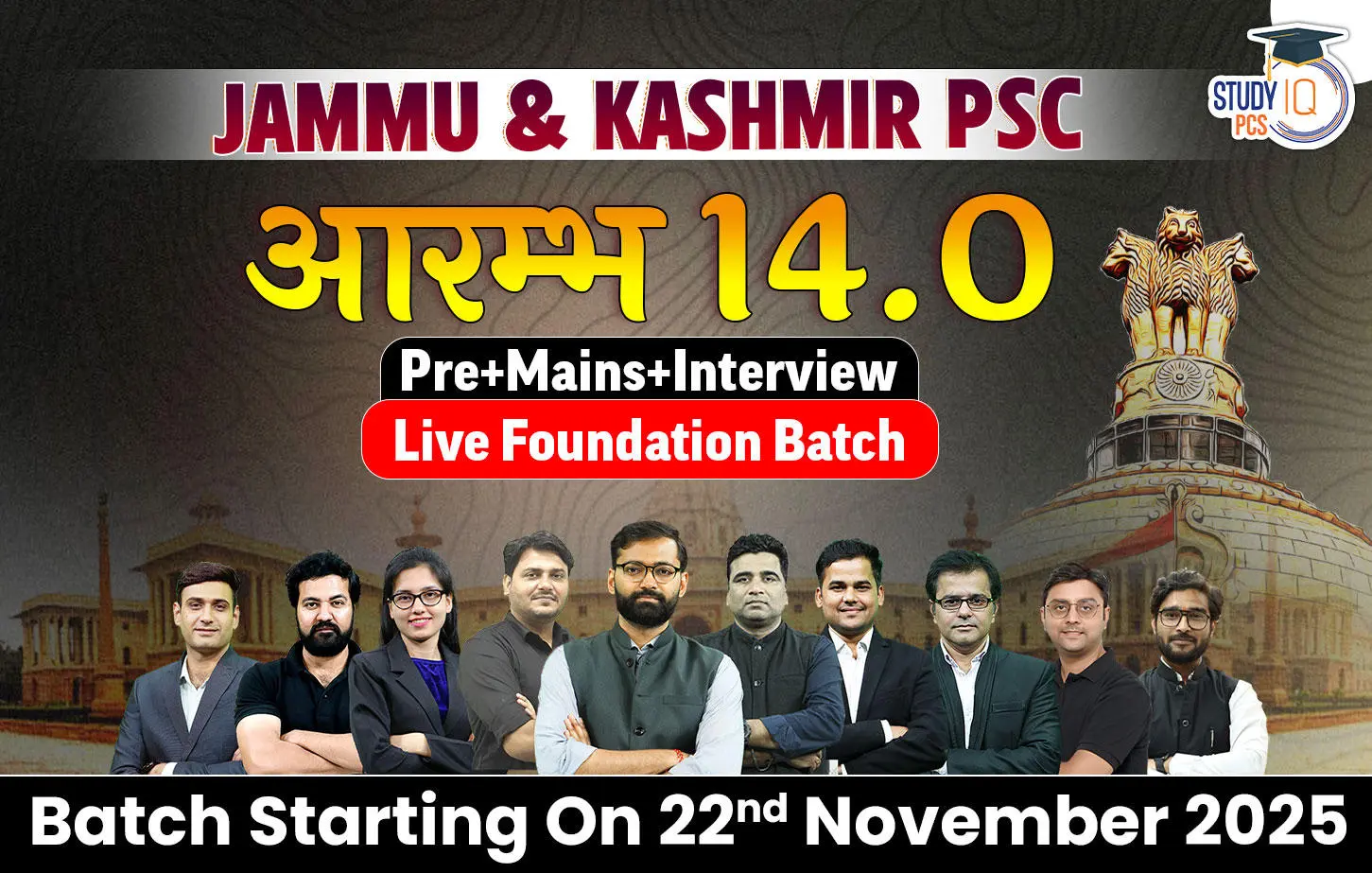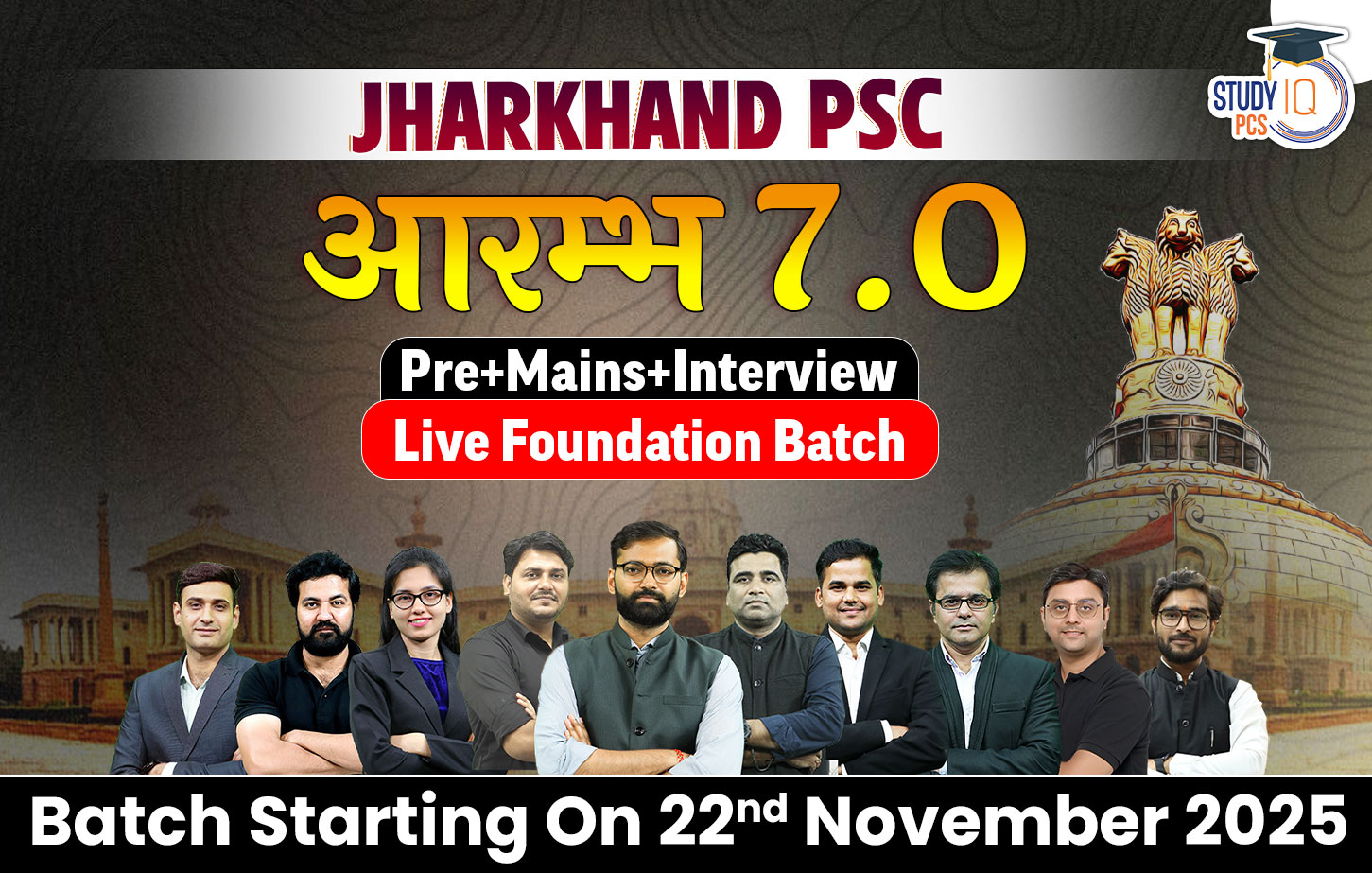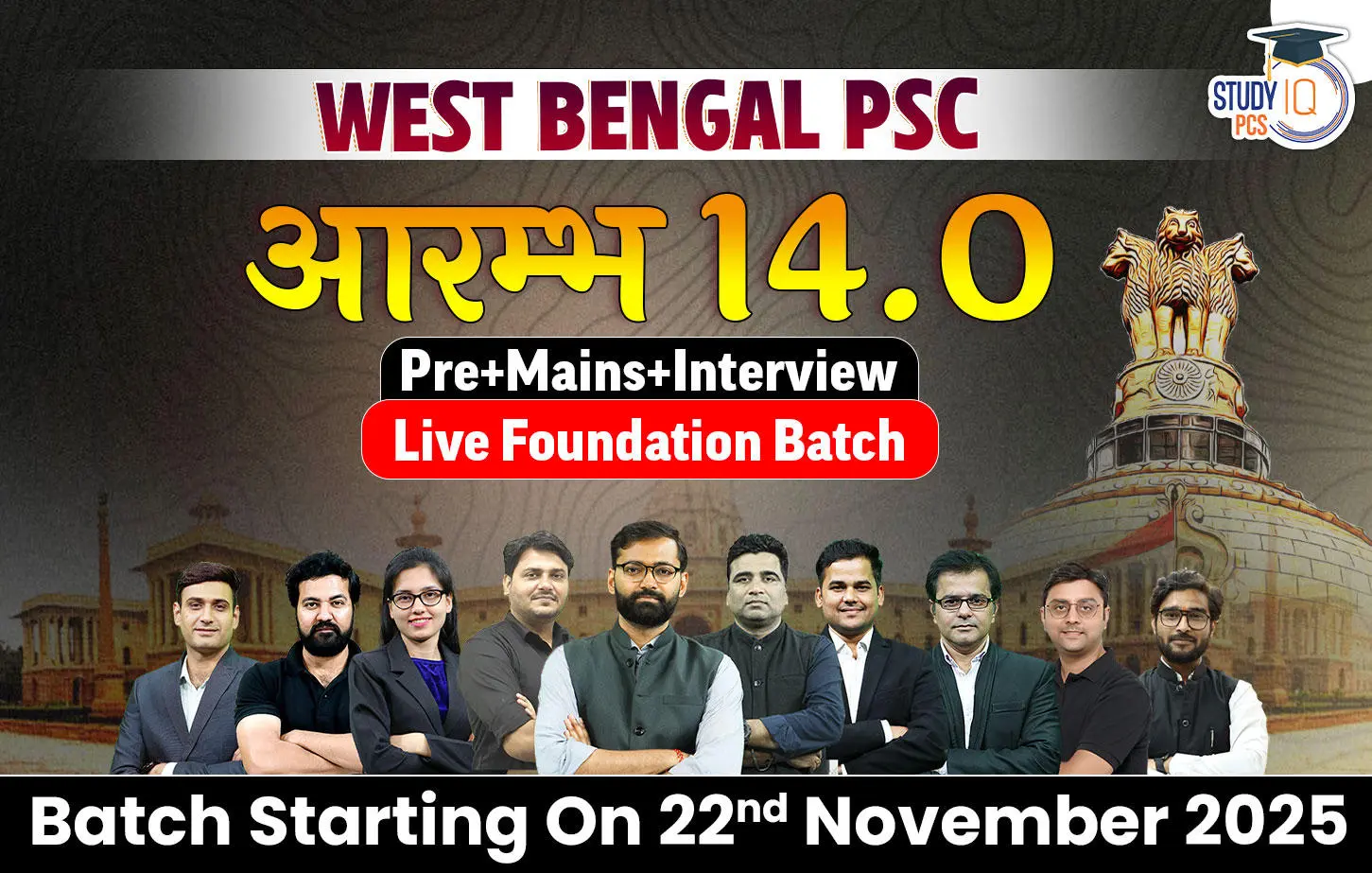Q16. The process of urbanization leads to development or devastation in the society. Write your views. (20m)
Introduction
Urbanisation is one of the most common characteristics of economic development. As the economy grows gradually, the process of urbanization depends on the shift of the surplus population from rural to urban areas along with the growth of some industrial urban centres.
Urbanisation leads to Development
Economic Growth:
- Rapid industrialization results in the development and establishment of many industrial cities.
- Together with manufacturing units, ancillaries and the service sector have begun to grow in these urban areas.
Employment:
- New and additional employment opportunities are being created in urban areas in the newly expanding manufacturing and service sector.
- This would result in rural-urban migration and the industrialization urbanization process to be established
Modernization and Change in Attitude:
- Urbanization results in changes in the attitudes and minds of urban people resulting in the modernization of behaviour and a proper motivation that indirectly helps the country to achieve faster economic development.
Easier Access to Facilities:
- Urban living is linked with higher levels of literacy and education, better health, longer life expectancy, greater access to social services and enhanced opportunities for cultural and political participation.
- Urbanization is associated with easier access to hospitals, clinics and health services in general.
- Living in proximity to these services results in improved emergency care and general health.
Access to Information:
- There are also benefits from easier access to sources of information such as radio and television which may be used to communicate information about health to the general public.
- For instance, women living in towns and cities are more likely to be informed about family planning which results in reduction in family size and less frequent childbirth.
Individualism:
The multiplicity of opportunities, social diversity, and lack of familial and social control over decision making leads to more self-interest and facilitates decision-making by an individual and choosing one’s career and actions by oneself.
Urbanisation leads to Devastation
- Congestion:
- Growing urbanization is largely responsible for increasing congestion in urban areas.
- Too much congestion has resulted in problems such as traffic jams, too much concentration of the population, the management of which is gradually becoming very difficult and costly
Low Quality of Life:
- Too much of the population creates urban chaos related to housing, education, medical facilities, slum growth, unemployment, violence, overcrowding, etc.
- All of these would lead to deterioration in the quality of human life.
Loss of Productivity in Rural Areas:
- Large-scale migration from rural to urban areas takes place.
- Such large-scale migration of the active population from rural areas would result in a loss of productivity in rural areas, leading to poor conditions in the village economy.
- As a result, urbanization beyond a certain point would have unhealthful consequences.
Excessive Population Pressure:
- On the one hand, rural-urban migration accelerates the pace of urbanisation, on the other, it creates excessive population pressure on the existing public utilities.
- Consequently, the cities suffer from the problems of slums, crime, unemployment, urban poverty, pollution, congestion, ill-health and several deviant social activities.
Overflowing Slums:
- There are about 13.7 million slum households in the country sheltering a population of 65.49 million people across the country.
- As much as 65% of Indian cities have adjoining slums where people live in small houses adjacent to each other.
Inadequate Housing:
○ Among the numerous social problems of urbanization, the problem of housing is the most distressing.
○ A vast majority of the urban population live under conditions of poor shelter and in highly congested spaces.
○ In India, more than half of the urban households occupy a single room, with an average occupancy per room of 4.4 persons.
- Unplanned Development:
○ The model of building a developed city comprises unplanned development, which only bolsters the dichotomy prevailing in urban cities between the rich and the poor.
- Pandemic-Induced Problems:
○ The Covid-19 pandemic has exacerbated the misery of urban poor or slum dwellers.
○ The sudden implementation of complete Covid lockdown severely affected the ability of slum dwellers to earn their living.
Non-Inclusive Welfare Schemes:
○ The benefits of welfare schemes for urban poor often reach only a small part of the intended beneficiaries.
○ Most relief funds and benefits do not reach slum dwellers, mainly because of inclusion and exclusion errors.
Conclusion
What Should be the Way Forward?
- Integration of Inclusive Urban Development:
○ Adopting an integrated approach to urban programming by involving all development sectors, and prioritizing inclusivity in urban development.
- Use of Scientific Data Methods:
○ Use of scientific data methods for assessing and monitoring outcomes of both state and central schemes to ensure evidence-based decision-making.
- Citizen Participation:
○ Enhancing the voice and participation of citizens in civic affairs through physical and digital means to ensure that their needs and priorities are reflected in urban governance.
- Strategic Thinking and Investment:
○ Investing in strategic thinking and investment, including private sector participation, and integrated and coordinated actions across agencies to address the challenges faced by cities.
Check out the UPPSC Mains GS Paper 1 2023 Analysis with detailed expatiation of the topics of Mains GS Paper 1 By the Study IQ Experts

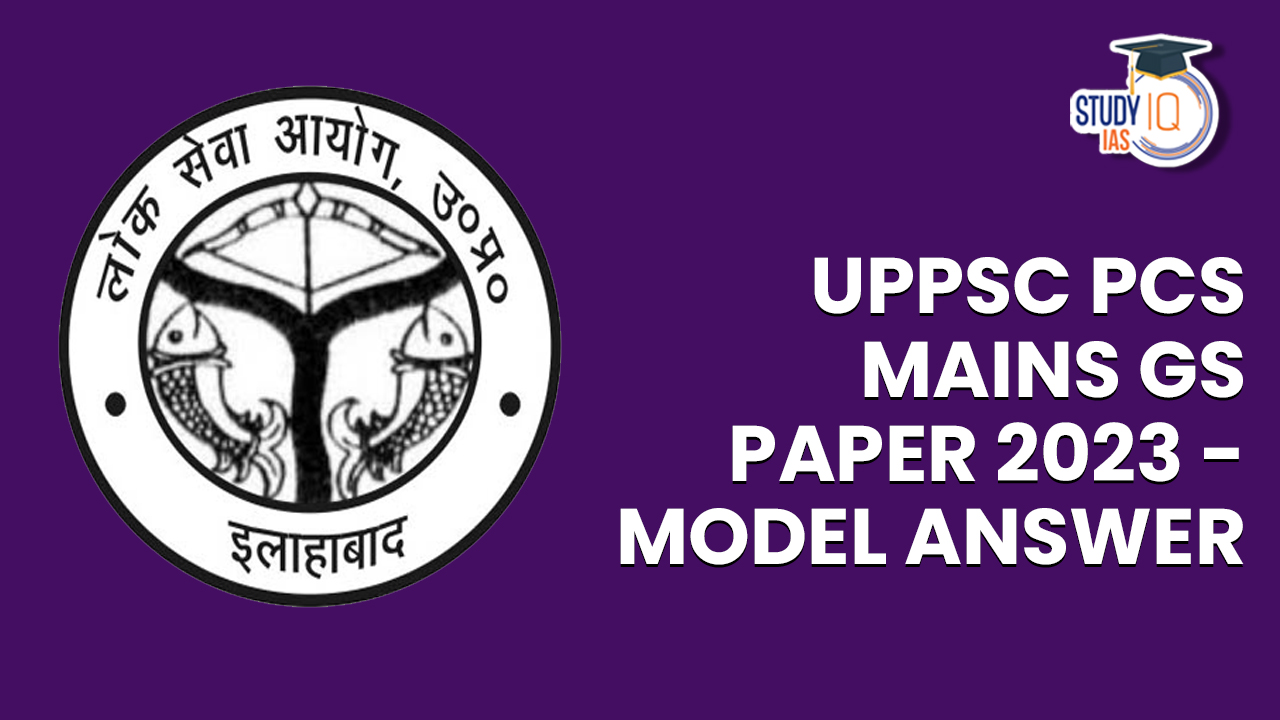
 UPPSC Prelims Result 2025 OUT: Download ...
UPPSC Prelims Result 2025 OUT: Download ...
 UPPSC PCS Cut Off 2025: Check Expected a...
UPPSC PCS Cut Off 2025: Check Expected a...
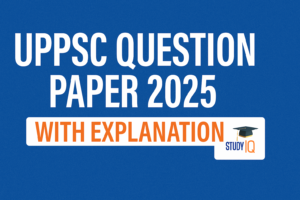 UPPSC Prelims Answer Key 2025 in Hindi w...
UPPSC Prelims Answer Key 2025 in Hindi w...

